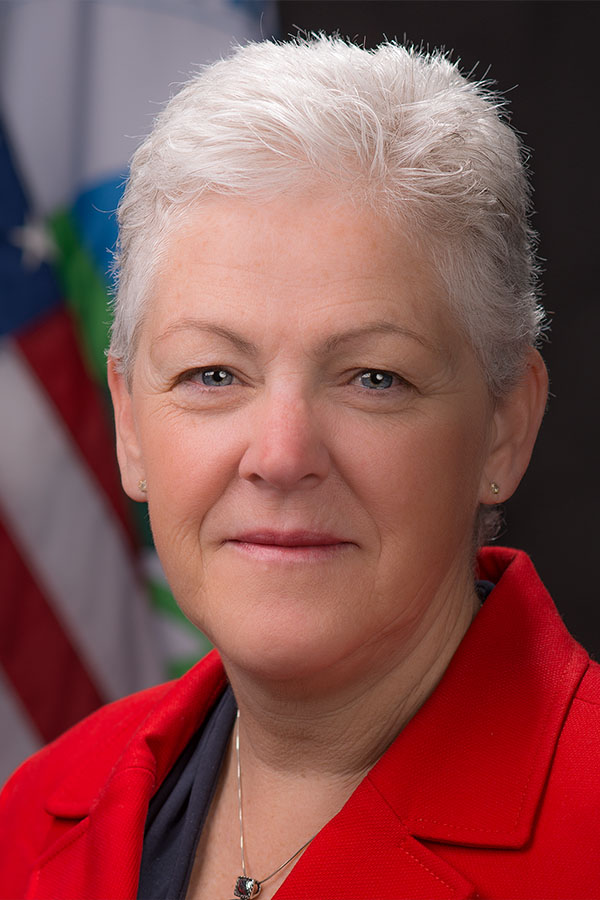Featured stories about SPH people, research and impact.
Read new stories on the SPH Blog
Featured stories about SPH people, research and impact.
Read new stories on the SPH Blog
From Dean Howard Frumkin and the SPH Diversity Committee (May 12, 2016)
Dear colleagues:
Serosorting may have contributed to overall declines in HIV incidence in Seattle, according to a study from the University of Washington School of Public Health. Research findings highlighted how the practice, while not ideal from a public health standpoint, represented a significant step toward safer sexual behaviors for some men.
Bullying is a serious public health problem that occurs in both school settings and digital social spaces, according to a new report from the National Academies of Sciences, Engineering, and Medicine.
Committee chair Frederick Rivara, adjunct professor of epidemiology at the University of Washington School of Public Health, cautioned that bullying has lasting negative consequences not only on victims, but also on bullies and innocent bystanders.
A University of Washington School of Public Health study finds there is untapped potential for collaboration between public health agencies and labor unions. The study, conducted by researchers with the School’s Community-Oriented Public Health Practice (COPHP) program, illustrated how labor unions might be allies in promoting public health and how public health practitioners might serve as strategic partners to help organize the advocacy work of unions.
Patrick Heagerty, chair of the Department of Biostatistics at the University of Washington School of Public Health, has been approved for a $1 million funding award by the Patient-Centered Outcomes Research Institute (PCORI) to study the evaluation methods needed to ensure that reproducible learning occurs within health care delivery systems.
University of Washington President Ana Mari Cauce on Tuesday invited the UW community and its partners to develop a long-range vision for improving health and well-being across the planet.
More than four decades ago, during the civil rights movement and protests against the Vietnam War, Rogelio Riojas and fellow student activists peacefully took over University of Washington administration building, including the president’s office. Today, Riojas sits on the UW Board of Regents, the body that governs the university.
The following statement was issued by Dean Howard Frumkin after meeting with student activists over the issue of prison divestment.
This afternoon several dozen activists, including students, staff, and faculty, visited my office. The focus was on mass incarceration, especially of people of color, and on UW’s involvement in that process (through investments in prison industries, and through procurement of goods from state prisons).
Dear members of the SPH community:
This spring has been a time of intense and often impassioned debate at the School and across the University—indeed across the nation—on issues of race, equity, and diversity. In this Dean’s Dispatch I’d like to update you on three aspects of our School’s race and equity work: progress on the work groups that we formed following our April 15 forum; yesterday’s very timely Distinguished Alumni Award; and the issue of prison divestment.
SPH Race and Equity work groups
Before Seattle increased the minimum wage, many local businesses said they planned to raise prices in order to cover higher payroll costs. One year after the wage hike took effect, researchers have found scant evidence of any impact on prices – good news from a public health perspective.
China’s role in global health is expanding rapidly due to a confluence of factors, including its role as a major economic force, support from the Chinese Ministry of Health, and growing interest among Chinese university faculty and students.
Flame retardants are nearly ubiquitous in daily life and can be found in computers, chairs, and even mattresses. Although they were added for safety, one now-banned class of flame retardants called polybrominated diphenyl ethers (PBDEs) was found to be toxic to the brain, liver, and other organs. A new breakthrough from the University of Washington School of Public Health has found how one of these PBDEs, BDE-47, exerts its toxic effects.
Donald Patrick, professor of health services at the University of Washington School of Public Health, is a member of a team that received a five-year, $3.1 million grant to research diabetes-related disparities among Latino youth.

A team of students from the University of Washington School of Public Health will be ready to leap into action when the next outbreak hits the Seattle area.

In a speech and very practical conversation with UW public health, policy, and environmental students and faculty, Gina McCarthy, top Administrator for the US Environmental Protection Agency, exhorted students to learn “how to communicate to people about why what we do matters," and to stop using terms such as “risk reduction
Changing to a diet low in fat was linked to small but significant improvements in older women’s general health, and physical ability to perform everyday activities, according to new research from the Fred Hutch research center, University of Washington School of Public Health, and collaborating institutions.
Women who reduced their fat intake and ate more fruits and vegetables also reported having more energy, according to the findings, published in the February issue of the Journal of the Academy of Nutrition and Dietetics.
The Master of Health Administration Program is pleased to announce the five recipients of the 2015-2016 MHA Program Scholarships. The three essay-based scholarship winners will receive $5,000, with each distinguished presentation awardee receiving $3,500. These scholarships honor and support students who embody the program’s values of diversity, service and leadership, and who demonstrate knowledge of and ability to apply such values within the program, and within the health care profession’s scope of practice.
While temperatures in the Pacific Northwest are generally perceived as moderate, when heat events do occur, the area may be vulnerable. New findings from the University of Washington School of Public Health show increased risk for heat illness and dehydration on hotter days for the working-aged population between the ages of 15-64.
Short-term return visits to the emergency department (ED) are increasingly used as a measure of hospital performance. The theory is that people who return for treatment and admission must have received poor quality care or were improperly discharged the first time.
A new study by the University of Washington Schools of Medicine and Public Health and collaborating institutions found just the opposite.